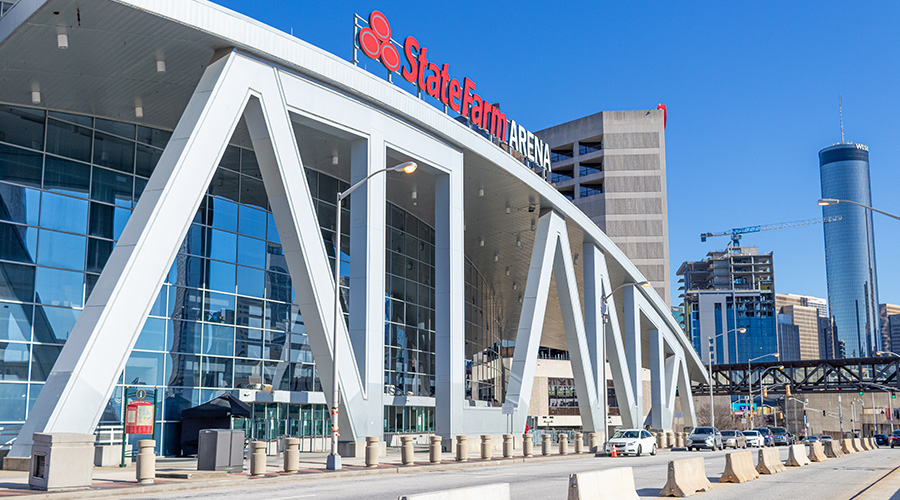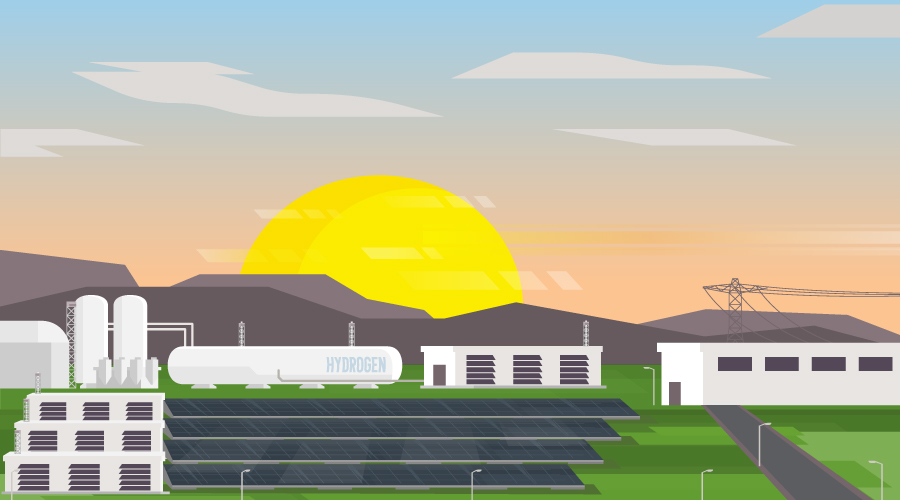Demand-Response Programs Affect Operations and Occupants
Equipment, personnel and cost considerations are not the only issues managers need to keep in mind. Demand-response programs also can affect facility operations and building occupants.
For a program to succeed, managers must clearly communicate with building occupants and technicians the program's details, the reason the facility is participating, the impact it will have, and the benefits it will produce for the organization. Leaving everyone in the dark will only foster resistance and resentment.
Keeping occupants and technicians informed is beneficial because managers can draw on their knowledge of the equipment they use and maintain, as well as the way they conduct operations throughout the facility.
They might be able to identify additional loads the facility could curtail during a demand-response event. In many cases, when notified of the need to reduce electrical demand, they can temporarily modify their operations to meet program goals.
Managers also should establish a mechanism to notify technicians and occupants when the facility is notified of a demand-response event. By making them aware of the situation, both groups can make significant contributions to reducing electrical demand.
James Piper, P.E., is a national consultant based in Bowie, Md. He has more than 25 years of experience in facilities maintenance and engineering management.
Related Topics:














